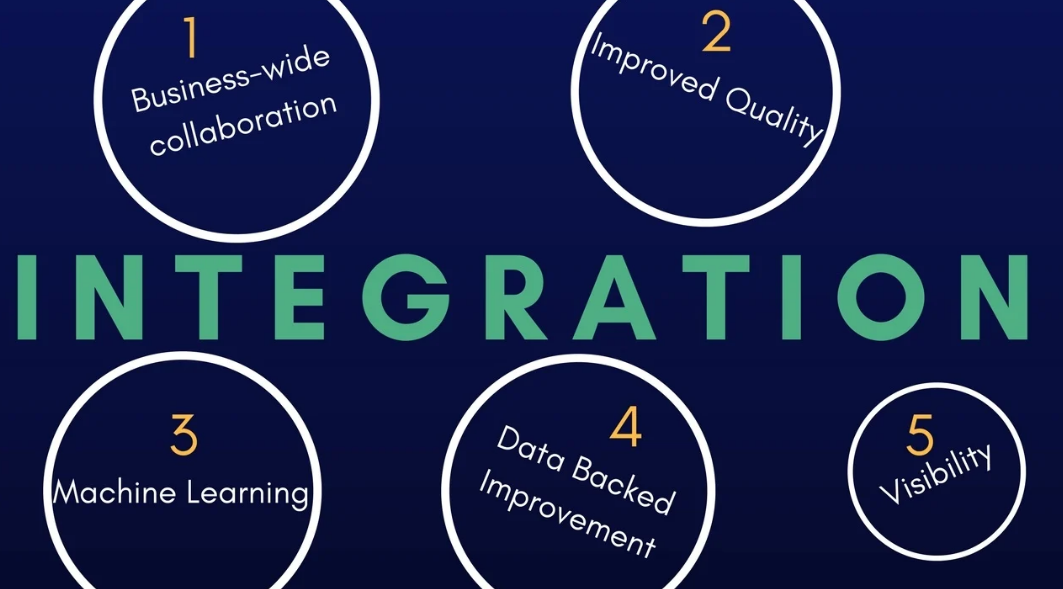System integration is the process of combining and connecting different component systems to improve the productivity and transparency of a company or a business. In business software terminology, it refers to linking up different applications and systems that a business or a company relies on to function. Generally, the system integration checklist includes databases, ERPs (like NetSuite or SAP) and CRMs (i.e., Saleforce), content management and warehouse management systems, and more. The items on the checklist may vary from business to business.
Integration solutions allow businesses to use their different systems and applications to their full potential. The following are the key advantages of using integration solutions:

Improves Process Efficiency
Depending on the nature of your company or business, you can utilize a variety of systems for handling customers, invoices, invoices, and more. You can make the most of your business systems and applications if all your important business data is soloed. Transferring important data from one system to other manually is a labor-intensive and time-consuming process. Integration solutions offer a centralized solution where all different solutions can work and communicate in harmony, and data transformation and movement are automated. This will not only remove any processing delays, but will also help you concentrate on value-addition and innovation rather than manual data entry.
Improved Data Accuracy
Copying and pasting business data manually can be a boring and mundane process. When you do the same things again and again, you are more likely to make mistakes and errors. According to a survey conducted by a reputed source, US companies are wasting around $1.8 trillion yearly on repetitive worker tasks. The automation of data transfer between different systems through integration not only reduces any errors but also highlights any conflicts or inconsistencies between source and datasets.
Increases Visibility through Real-Time Data & Reporting
In an integrated business system, your organizational data is transferred in real-time to make sure all your curial data is at your fingertips. You can perform meaningful analysis, as your intelligence is always in line with the latest developments. Reports leveraging data from different sources can be prepared faster, providing managers with a holistic view of the company and allowing them to respond to opportunities and threats more swiftly.
Drives More Sales and Improves Customer Satisfaction
When you have all the important data in one place, you are less likely to miss any important information or insights. As a result, you will make informed decisions. For an instance, digitalizing your eCommerce site with CRM can help your staff better evaluate expectations based on past interactions. Thus, they will be able to address customers’ grievances in a better and informed manner. Furthermore, they would be able to identify cross-selling/up-selling opportunities accurately and drive conversions.
Most companies handle confidential customer data and therefore are required by law to take necessary steps to make sure its integrity. Having data placed on multiple tools and platforms makes it difficult for companies to protect their customers’ sensitive data.

I’m Aurelia Brown! I blog about tech, how to use it, and what you should know. I love spending time with my family and sharing stories of the day with them.










